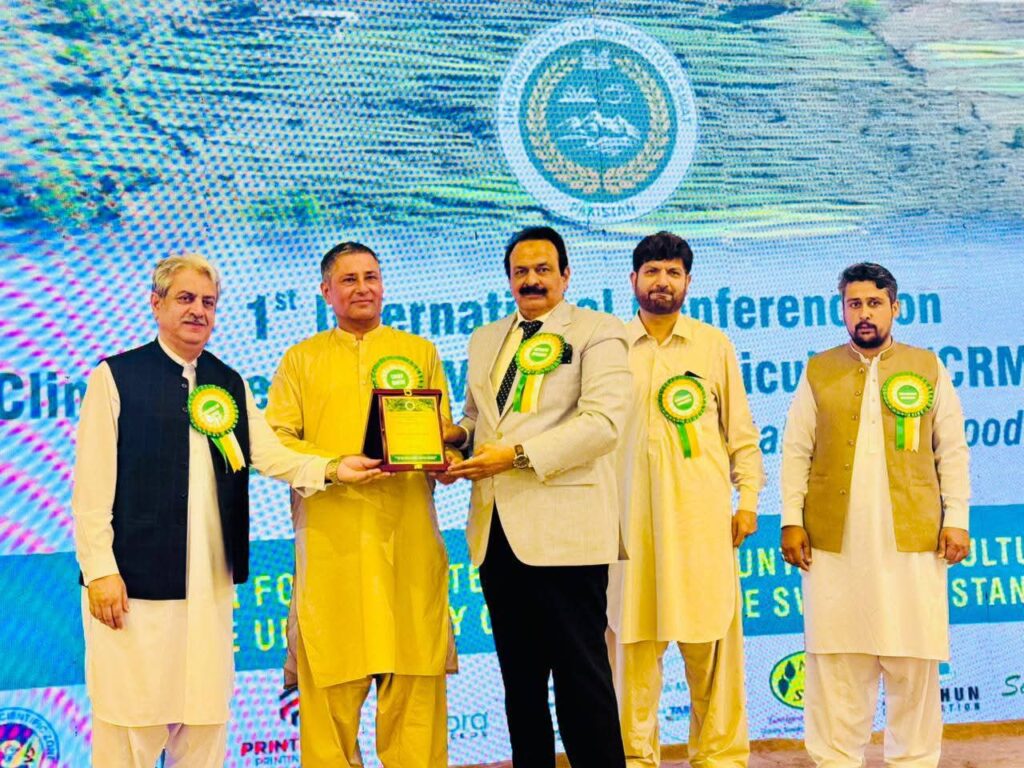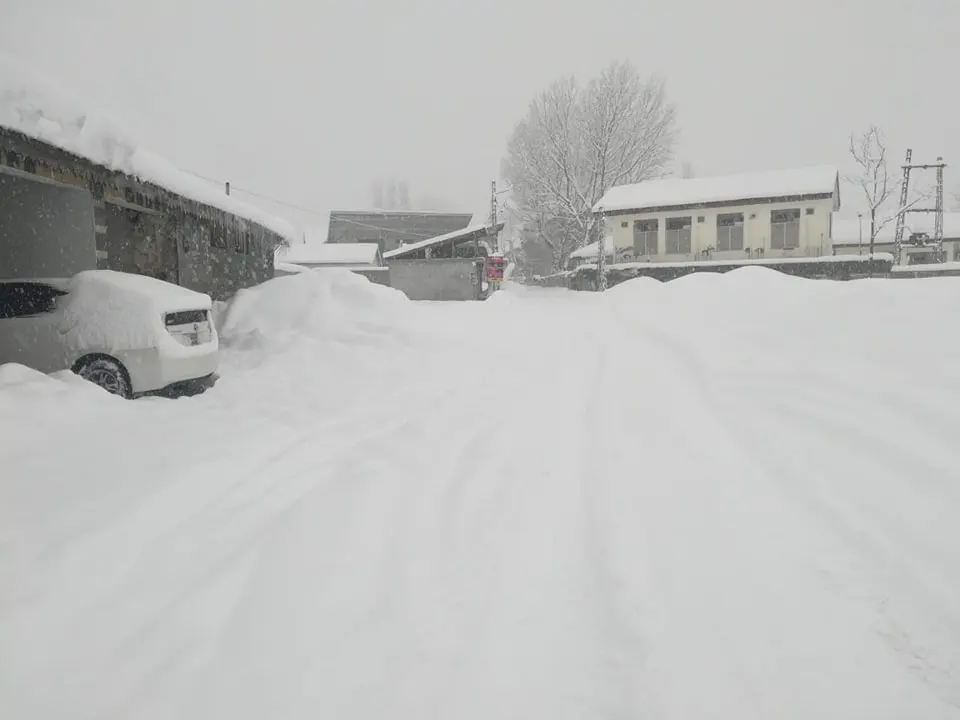SWAT: To sensitise the public regarding climate issues and challenges in mountainous agriculture, a three-day international conference on “Climate Change and mountainous Agriculture” was organised by the Swat Agricultural University, held in Kanju Township.
A large number of agricultural experts, researchers, university teachers, students, representatives of government and non-governmental organisations and farmers from not only Pakistan but also Australia, China, Afghanistan and other countries participated in this important conference.
During the seminar, experts shed detailed light on the growing impact of climate change on Pakistan’s agriculture. Experts revealed that Pakistan is among the 10 countries in the world that are being affected the most by climate change.
Especially the mountainous areas of Khyber Pakhtunkhwa, Swat, Dir, Chitral and Shangla, where agriculture depends on rainwater, limited land and traditional methods of cultivation, are under severe threat.
Experts said that 65% of the country’s land is being used for agricultural purposes, but farmers are facing challenges such as rising temperatures, unpredictable rains, drought, floods and loss of soil fertility. The climatic challenges facing agriculture, especially in mountainous areas, are much more complex and dangerous than in other plains.
Addressing the closing session, Vice Chancellor of Swat Agricultural University, Professor Dr. Daud Jan, said that the university has established a special department for the promotion and research of mountainous agriculture, which especially researches climate change, eco-friendly crops and modern techniques.
He said that this seminar aimed to bring together experts from across the country on one platform, exchange experiences and research papers and inform policy-making institutions about the specific agricultural problems of mountainous areas.
The participants demanded that the government should take urgent measures to protect the agriculture of mountainous areas, train local farmers, introduce new crop varieties and adopt methods that are resistant to climate change. At the end of the seminar, certificates were awarded to the participants, and a joint declaration was also issued, which suggested that promoting climate-resilient agriculture in mountainous areas is the need of the time.
Read also: KP sccessfully concludes Agriculture Census 2025





